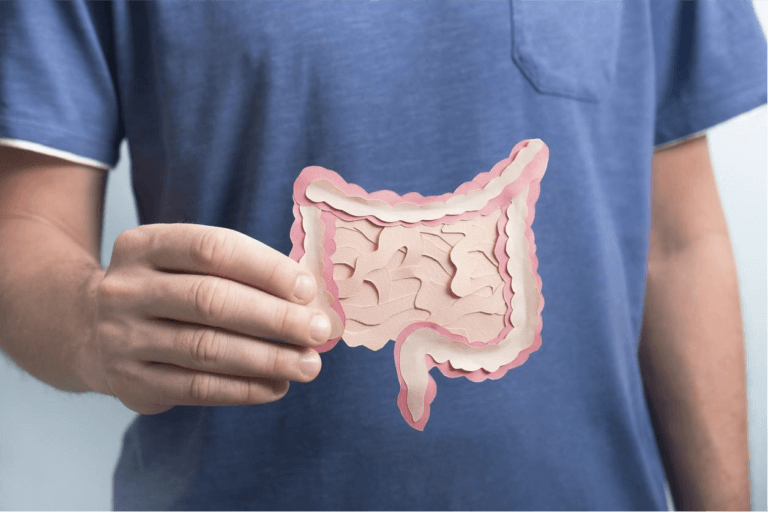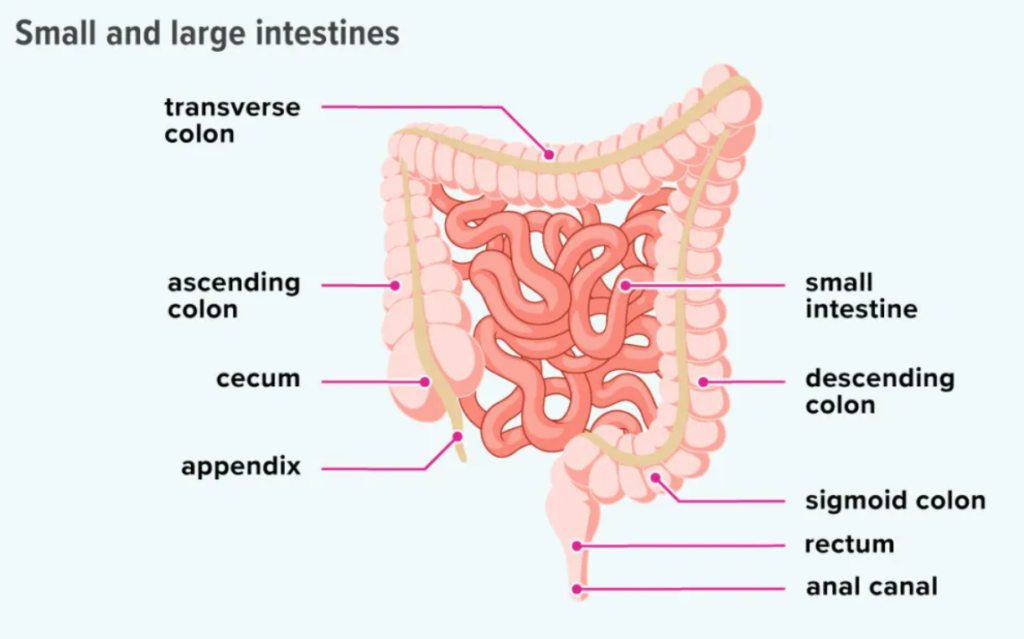
Gut
The Gut is very important organ of our body. The gut has numerous sensors that detect nutrients, distension, symbiotic and pathogenic microorganisms, toxins and other components of its luminal contents. The gut continuously monitors the composition of its contents to optimize digestion and absorption, and to ward off threats to its integrity. For the digestive system to react appropriately to its environment, the sensory information is communicated to extensive endocrine, neural, immune and no immune.
Signs of an unhealthy Gut:
Many parts of modern life can affect your gut microbiome, including:
- High stress levels
- Too little sleep
- Eating a Western diet high in processed and high sugar foods
- Taking antibiotics
This in turn may affect other aspects of your health, such as:
- Immune function
- Hormone levels
- Weight
- Development of diseases

What are gastrointestinal diseases?
- Constipation
- Irritable bowel syndrome (IBS)
- Hemorrhoids
- Internal hemorrhoids
- External hemorrhoids
- Anal fissures
- Perianal abscesses
- Anal fistula
- Other perianal infections
- Diverticular disease
- Colon polyps and cancer
- Colitis
2. Functional gastrointestinal diseases
Functional diseases are those in which the GI tract looks normal when examined, but doesn’t move properly. They are the most common problems affecting the GI tract (including the colon and rectum). Constipation, irritable bowel syndrome (IBS), nausea, food poisoning, gas, bloating, GERD and diarrhea are common examples.
Many factors may upset your GI tract and its motility (ability to keep moving), including:
- Eating a diet low in fiber.
- Not getting enough exercise.
- Traveling or other changes in routine.
- Eating large amounts of dairy products.
- Stress.
- Resisting the urge to have a bowel movement, possibly because of hemorrhoids
- Overusing anti-diarrheal medications that, over time, weaken the bowel muscle movements called motility.
- Taking antacid medicines containing calcium or aluminum.
- Taking certain medicines (especially antidepressants, iron pills and strong pain medicines such as narcotics).
- Pregnancy.
